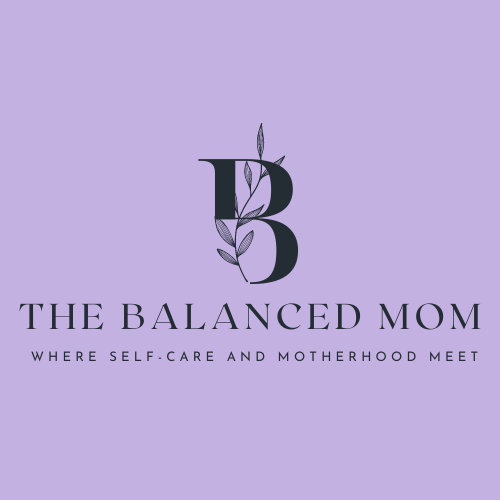Last week, I found myself standing in the grocery store, list in hand, yet still mentally calculating whether we had enough of my son’s current favorite snack and if my youngest had outgrown his preference for pears. Despite my careful planning, I realized I was carrying an invisible inventory of my family’s needs—one of countless mental tasks that never make it onto any to-do list. It was in that moment I wondered again: Is “having it all” just a myth we keep chasing?
For decades, the question has lingered: Can women have it all? Can we be devoted mothers, ambitious career women, supportive partners, engaged friends, and still find time for self-care? The idea sounds empowering, yet for many, including myself, it feels like an impossible juggling act.
The Struggles Women Still Face Today
Despite the progress we’ve made, women continue to face significant challenges in their pursuit of balance. The societal expectation to “do it all” while making it look effortless is exhausting. Here are just a few of the hurdles we navigate daily:
- The Mental Load: Beyond work and parenting, women often carry the invisible weight of household management—meal planning, school schedules, doctor’s appointments, and emotional labor. Even with a carefully prepared grocery list, I find myself constantly tracking everyone’s preferences, needs, and schedules in a mental spreadsheet that never closes.
- Workplace Inequality: The gender pay gap persists, and opportunities for advancement often come with sacrifices that feel heavier for mothers. During my maternity leave with my second child, I was passed over for a significant promotion—one I had been working toward for years. That single decision has had lasting effects on my career trajectory, forcing me to question whether dedication to both career and family is truly possible.
- Mom Guilt: No matter what we do, it feels like we’re falling short somewhere. Too much time at work? We’re neglecting our kids. Too much time with family? We’re not ambitious enough.
- Lack of Support Systems: Many women don’t have access to affordable childcare, paid maternity leave, or flexible work options.
- Self-Care Takes a Backseat: With everything else demanding our attention, prioritizing our own well-being often feels selfish—even though it’s essential.
Can We Have It All? Maybe Not in the Way We’ve Been Told
The truth is, “having it all” might not mean what we’ve been led to believe. For me, having it all isn’t about climbing the corporate ladder while being supermom. It’s about workplace flexibility that allows me to be present for my family while still contributing financially to our household. It’s about finding fulfillment in different aspects of life without expecting perfection in any of them.
It’s not about achieving perfection in every area of life—it’s about finding a version of balance that aligns with our values and prioritizing what truly matters to us.
My Breaking Point and Path Forward
During my second pregnancy, my employer’s lack of support became unbearable. What should have been a joyful time was overshadowed by subtle pressures and not-so-subtle comments about my commitment. It became painfully clear that working full-time while raising my family the way I wanted to was simply not sustainable in that environment. Something had to give.
That breaking point forced me to reevaluate everything and find a new definition of success—one that honored all parts of my identity.
How We Can Navigate These Challenges
Rather than striving for an unattainable ideal, we can focus on strategies that allow us to live a fulfilling, balanced life:
- Redefine What “Having It All” Means: Your version of success is unique. It might mean thriving in your career, raising happy children, or simply finding peace in your daily life.
- Set Boundaries: I’ve learned that I can always find another job, but I don’t get another chance to raise my kids. This perspective has helped me set firm boundaries around work time and family time. When I’m with my children, my phone stays away—they deserve my undivided attention. Equally important, I’ve taught my children that it’s healthy and normal for mommy to work and have her own goals.
- Ask for Help (and Accept It): Whether it’s your partner, family, friends, or a paid service, don’t carry the entire burden alone.
- Advocate for Change: Support policies and workplaces that uplift women—like parental leave, equal pay, and flexible work options.
- Prioritize Yourself Without Guilt: You should not pour from an empty cup. Self-care isn’t selfish—it’s a necessity.
Paving the Way for Future Generations
As we navigate these struggles, we also have the opportunity to create a better future for the women who come after us. By challenging outdated norms, speaking up for workplace equity, and showing our children that balance is about choices, not perfection, we lay the foundation for a more supportive world.
The truth? We may not have it all in the way society once defined it. But we can absolutely build a life that is rich, fulfilling, and uniquely ours. And that, in itself, is enough.
What does “having it all” mean to you? Let’s start a conversation in the comments below!


View comments
+ Leave a comment